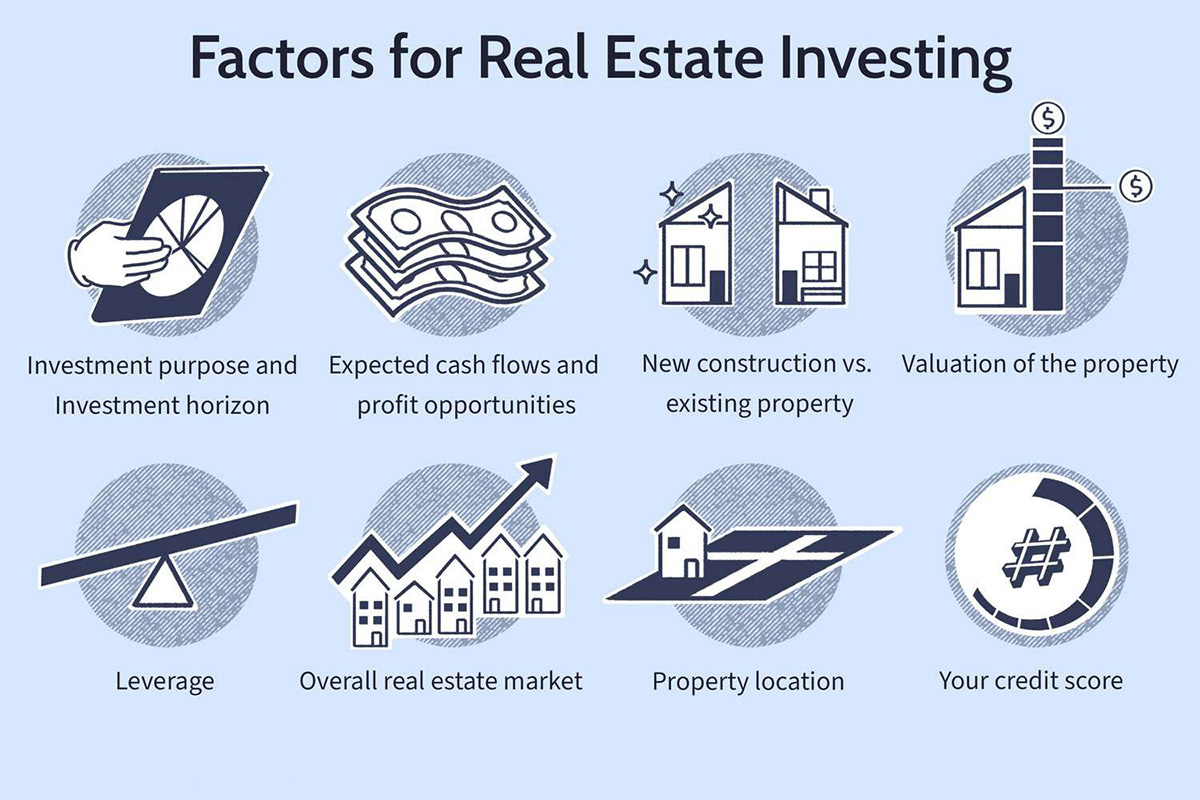Home>Finance>Private Equity Real Estate: Definition In Investing And Returns


Finance
Private Equity Real Estate: Definition In Investing And Returns
Published: January 11, 2024
Discover the definition and returns of private equity real estate investments in finance. Explore how this investment strategy can yield lucrative results for investors.
(Many of the links in this article redirect to a specific reviewed product. Your purchase of these products through affiliate links helps to generate commission for LiveWell, at no extra cost. Learn more)
Private Equity Real Estate: Definition in Investing and Returns
Finance is a vast field with numerous investment opportunities, and one area that has gained significant attention is private equity real estate. But what exactly is private equity real estate? How does it differ from other types of real estate investments? And what kind of returns can investors expect? In this blog post, we will delve into the world of private equity real estate, exploring its definition, investment strategies, and potential returns.
Key Takeaways:
- Private equity real estate involves investing in properties that are not publicly traded.
- Investors in private equity real estate can expect higher potential returns compared to traditional real estate investments.
What is Private Equity Real Estate?
Private equity real estate refers to investments made in real estate properties that are not publicly traded on an exchange. Unlike investing in publicly traded real estate investment trusts (REITs) or real estate stocks, private equity real estate involves direct investment in individual properties or property portfolios.
Typically, private equity real estate investments are made by institutional investors, high-net-worth individuals, or private equity firms. These investments may take various forms, including purchasing commercial properties such as office buildings, retail centers, hotels, or even residential properties for development and resale.
Investment Strategies in Private Equity Real Estate
Private equity real estate investments can be approached through different strategies, depending on the investor’s objectives and risk appetite. Some common strategies include:
- Value-Added Investing: This strategy involves acquiring properties that require improvement or repositioning. Investors aim to enhance the property’s value through renovations, lease-ups, or operational improvements, ultimately selling it for a higher price.
- Core Investing: Core investments focus on stable, income-generating properties with low risk. Investors aim for steady and predictable returns over a longer holding period.
- Opportunistic Investing: This strategy involves investing in properties with high growth potential but also carries higher levels of risk. Investors seek substantial returns by capitalizing on market inefficiencies or distressed properties.
Returns in Private Equity Real Estate
One of the primary attractions of private equity real estate is the potential for higher returns compared to traditional real estate investments. However, it’s essential to note that these returns come with a higher level of risk and longer investment horizons.
The exact returns in private equity real estate vary depending on factors such as property type, location, market conditions, and investment strategy. Historically, private equity real estate investments have yielded attractive returns, with some investors achieving double-digit annualized returns over a period of several years.
It is worth mentioning that private equity real estate returns are not just limited to capital appreciation. These investments often generate income through rental yields, which contribute to the overall return on the investment.
In Conclusion
Private equity real estate presents an alternative investment opportunity for those looking to diversify their real estate portfolio and potentially achieve higher returns. Understanding this investment category’s definition and range of strategies can help investors make informed decisions.
While private equity real estate can be rewarding, it’s crucial to perform thorough due diligence and consult with professionals to assess the specific risks and opportunities associated with each investment opportunity. By balancing risk and reward, investors can aim to maximize returns in this exciting and dynamic sector of the real estate market.














